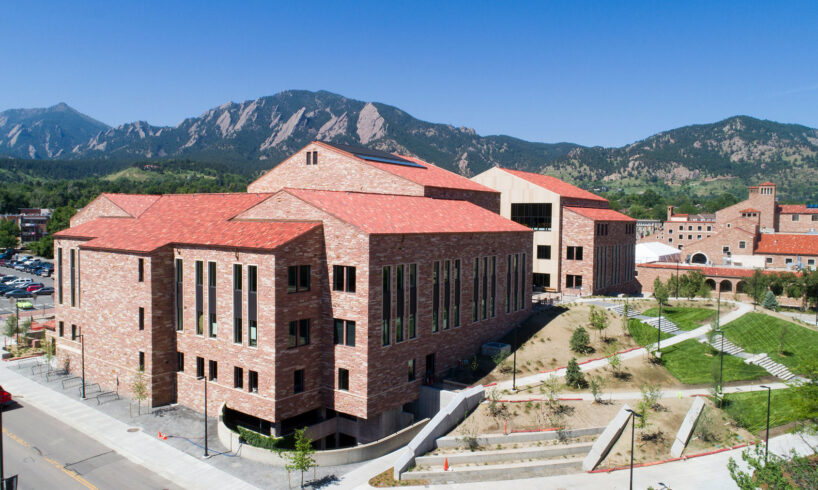
A state task force on higher education and workforce development in Colorado submitted its final report to state lawmakers on Monday that recommends ways the state can improve pathways to postsecondary education for students.
Known as the Student Success and Workforce Revitalization Task Force, the 67-member group was convened under the authority of House Bill 21-1330, which Gov. Jared Polis signed last summer. The bill requires the task force to examine strategies to increase student retention, leverage federal relief funds, and identify possible funding sources for workforce development programs.
The task force’s report includes six recommendations to state lawmakers in the General Assembly. They include developing new local partnerships, new statewide metrics for success, and work-based learning pathways.
Other recommendations include increasing transparency of postsecondary and workforce development data, eliminating “equity gaps,” and creating a strategic finance plan.
The task force’s co-chairs, Berrick Abramson and Sarah Hughes, described the final report in their introductory letter as “a blueprint for key investments that will drive meaningful results for Coloradans.”
“We have no illusions that a top-down ‘silver bullet’ approach will immediately eliminate Colorado’s postsecondary institutional, structural funding, and workforce development challenges,” the duo continued. “But we believe wholeheartedly that the interconnected set of initiatives presented here can form the basis of a purposeful and promising approach to long-needed improvements.”
According to the report, Colorado risks losing out on future job growth in Science, Technology, Engineering and Math (STEM) industries because of the state’s “weak” investments in higher education over the last two decades.
It found that only 25% of Colorado high school graduates enroll in postsecondary education, and that more than 40% of students don’t receive a college degree or professional certificate within six years of graduation.
This divide widens if the statistics are broken-down along racial lines as well. Only 20% of Latino students in Colorado go to college with similar “troubling gaps [existing] for low-income, Black, and indigenous Coloradans,” the report said.
At the same time, the report said Colorado’s per capita student debt has increased by 172% since 2007, despite the state holding a below-average student loan debt total when compared to other states.
“Most folks pursue higher education to get the training they need to succeed in the workforce, but right now there’s too often a disconnect between what our schools teach and what our employers need,” Sen. Jeff Bridges, D-Greenwood Village, said in a statement. “These suggestions will close that gap, increasing the return on investment in higher education for our students and expanding Colorado’s qualified workforce for our businesses.”
This article was originally posted on State higher education task force submits final recommendations to lawmakers